In the heart of Kansai, Japan, excitement is building not just for the upcoming Expo 2025, but from a profound shift in the region’s entrepreneurial landscape. Kansai is undergoing a rapid transformation, with innovation at its core. Startups are sprouting across Kansai, fueled by research from the region’s prestigious universities. In this fecund environment, they are making strides in various areas such as novel drug development and nuclear fusion energy, among others.
This dynamic growth isn’t going unnoticed. Major Japanese venture capital firms are setting up shop in Kansai, while international VCs are closely eyeing opportunities in the region’s burgeoning biotechnology and healthcare sectors.
Driving this momentum are initiatives like KIDOU, which aim to foster startups that can grow to become companies of the highest caliber. KIDOU is a powerhouse initiative that unites resources from local municipalities, universities and businesses, allocating them toward high-growth, future-focused fields such as life sciences, healthcare, carbon neutrality, and Web 3.0. The program offers up to JPY 10 million (USD 67,000) in startup funding and six months of expert support, providing significant resources for budding entrepreneurs to bring their ideas to life.
On July 11, the region showcased its startup potential at the sixth edition of “Kansai Startup Night,” an event co-organized by the Union of Kansai Governments and For Startups. Four companies presented their achievements and future ambitions, each representing Kansai’s leading deep tech firms with advanced technical capabilities and management talent that are gaining global attention. Some have already begun collaborations with major Kansai companies, exploring practical applications of their technologies.
Featured startups
Molmir
Founded in June 2022 and incubated at Nara Medical University, Molmir (stylized as “molmir”) is dedicated to developing drugs for rare diseases through cutting-edge research. The company has pioneered a unique detection technology that captures molecular dynamics in disease states, with a particular focus on amyotrophic lateral sclerosis (ALS).
Leveraging this technology, Molmir is advancing treatments and drugs for ALS and is also developing foundational technologies to treat complex neurodegenerative diseases like Alzheimer’s and Parkinson’s, as well as muscular diseases.
Under the leadership of CEO Eiichiro Mori, who holds a PhD from Nara Medical University, Molmir has secured partnerships with 13 research institutions across Japan. The company has also assembled a team of 15 scientific advisors, each distinguished in their respective fields. Molmir’s efforts have earned endorsements from Japan’s National Institute of Advanced Industrial Science and Technology (AIST) and Tokushima University.
The prefecture of Nara, home to esteemed institutions like the Nara Institute of Science and Technology (NAIST), provides a fertile ground for pharmaceutical startups like Molmir to flourish.
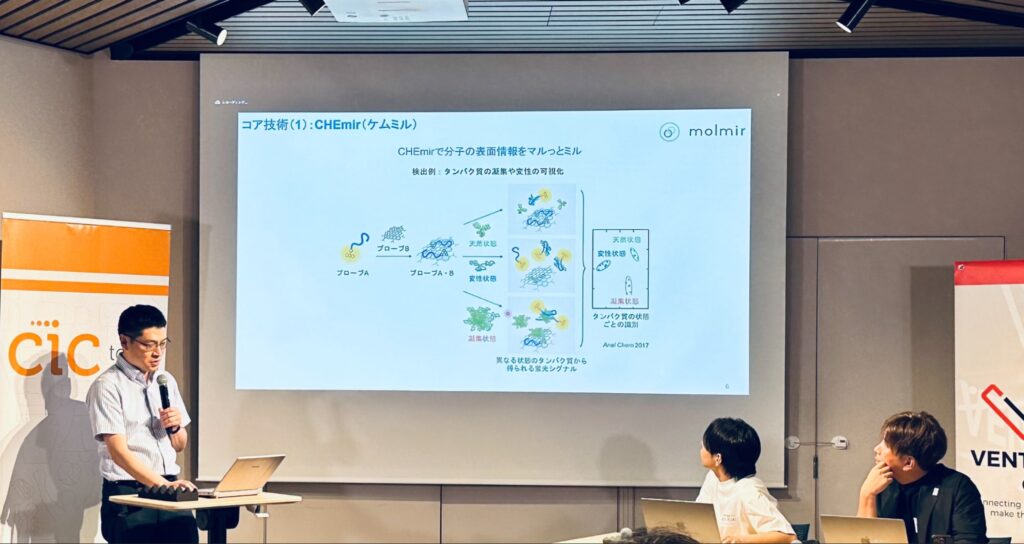
Optmass
Founded in 2021 and incubated at Kyoto University, Optmass is at the forefront of advancing and commercializing “transparent solar cells.” The company was among the first selected for the KIDOU program and is thriving with robust support from external partners.
Solar energy, widely regarded as a sustainable energy source, currently only utilizes about half of the sunlight (visible light). Optmass is targeting the underutilized infrared spectrum and has developed a device that converts infrared light into electricity. Unlike conventional solar panels, which are typically black and heavy and limited by installation locations, Optmass aims to create a transparent, unobtrusive product that can be installed anywhere, providing both heat insulation and power generation.
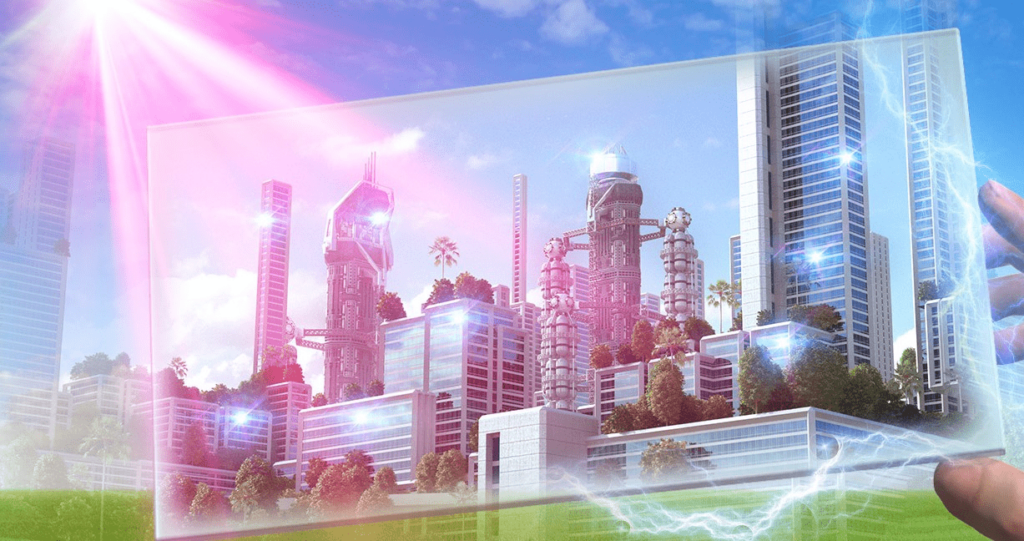
The company plans to complete the development of transparent solar cells by 2030. As a first step, it has developed a transparent film that effectively blocks heat, which has been tested on the windows of the Nankai Electric Railway headquarters building in Osaka since July 2012.
The trend of adopting innovative energy-saving technologies from startups is gaining momentum in Kansai, with more such startups set to debut at Expo 2025.
Eight Knot
Founded in 2021 and based in Sakai, Osaka, Eight Knot leverages expertise in robotics and artificial intelligence to promote maritime digitization and autonomous vessel navigation.
Operating ships presents more challenges for drivers than driving cars. Small ships account for over 70% of all ship accidents, with 70% of these due to human error, highlighting the urgent need for digital and intelligent transformation in maritime operations. Eight Knot’s strength lies in integrating advanced technologies: drivers simply specify a destination as they would with a car navigation system, and AI automatically selects the optimal route, guiding and docking the vessel precisely.
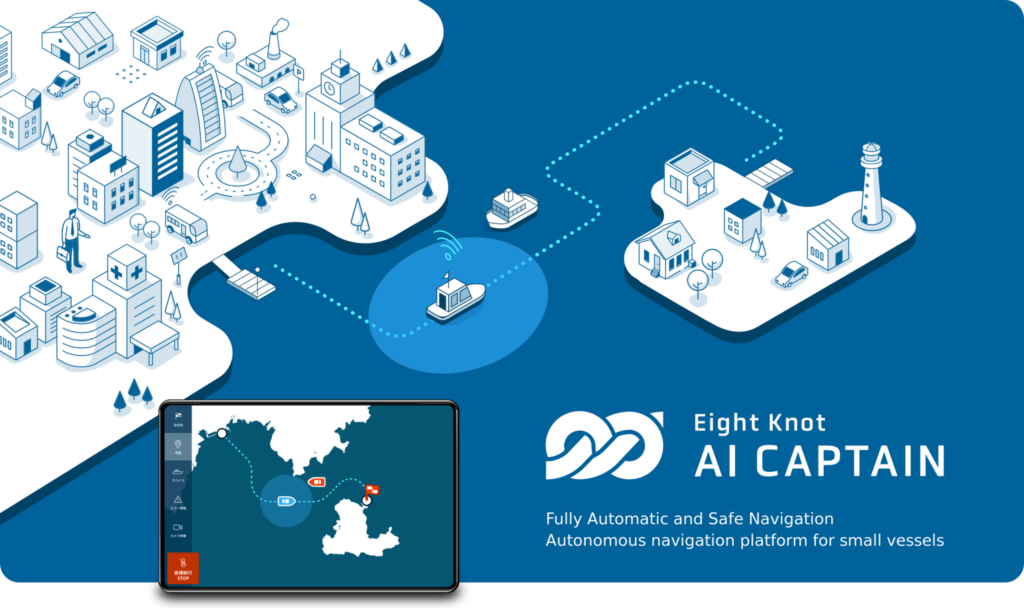
Targeting the North American yacht market first, the company has identified that most boat owners find operating their vessels burdensome and are willing to pay a premium for automated features.
Despite facing multiple challenges in expanding internationally—such as conducting field user research in North America and building partnerships with key local companies—Eight Knot has received swift support from local administrative bodies and government agencies like JETRO, facilitating progress in its overseas business.
KanonCure
A regenerative medicine company incubated at Tottori University and founded in 2016, KanonCure is pioneering the development of cell sheets to treat liver diseases. Utilizing a technology that cultivates human bone marrow cells and transforms them into liver cells, this method holds promise as an effective treatment for severe liver disease patients who have no options other than transplant surgery.
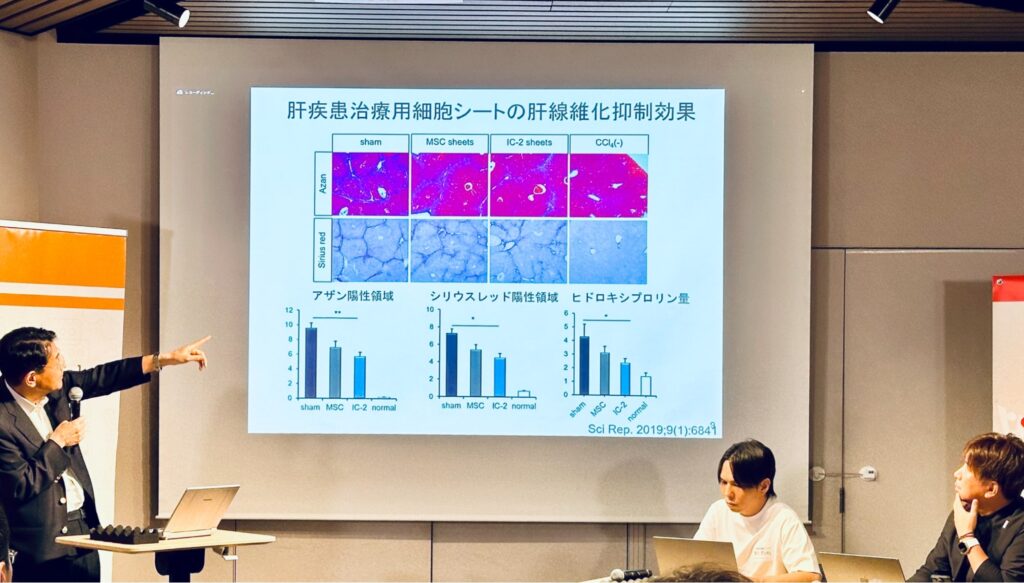
According to Goshi Shiota, founder of KanonCure, Japan currently has about 130,000 cirrhosis patients, with up to 2,500 requiring liver transplants annually. However, only around 500 patients receive transplants each year. Many patients unable to undergo transplant surgery face death, with nearly 17,000 dying from liver diseases annually in Japan alone. Globally, approximately one million people die from cirrhosis each year, with particularly high numbers in China, India, Indonesia, and Mongolia, underscoring the significance of this research.
To accelerate the practical application of cell sheets, KanonCure is seeking broad domestic and international partners for technical and commercialization support. The company is currently conducting basic research with an Australian firm. KanonCure is in the final critical stage of preclinical trials and, if successful, will advance to clinical trials.
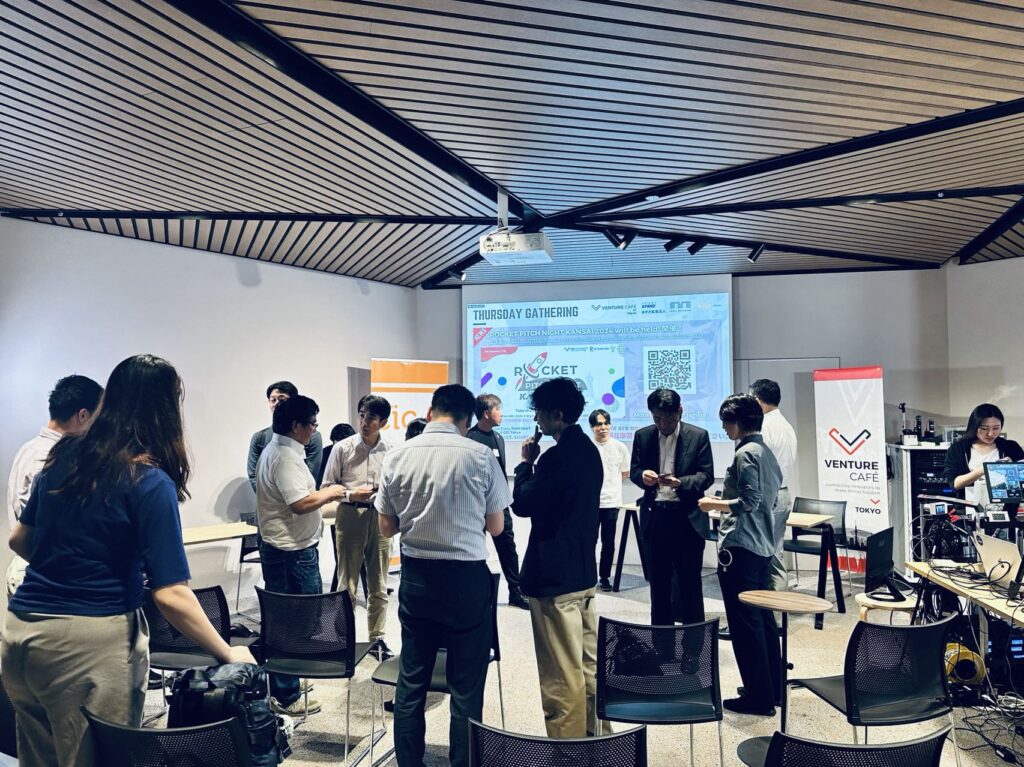
With less than nine months till Expo 2025, curiosity is high about Kansai’s startup ecosystem: Will the region produce Japan’s next unicorn?
With a potent mix of innovation, support, and ambition, the ingredients are certainly there. Tomo Izumi, director of public affairs strategy at For Startups, concurs, having noted significant growth in both the quality and quantity of Kansai’s deep tech startups over the past few years. If the current trajectory holds, the future of Kansai’s startups looks to be a bright one.
For more details about Kansai’s startup ecosystem, visit its official website here.
36Kr Japan, KrASIA’s sister company in Japan, is a media partner of ”Kansai Startup Night Vol. 6.”
